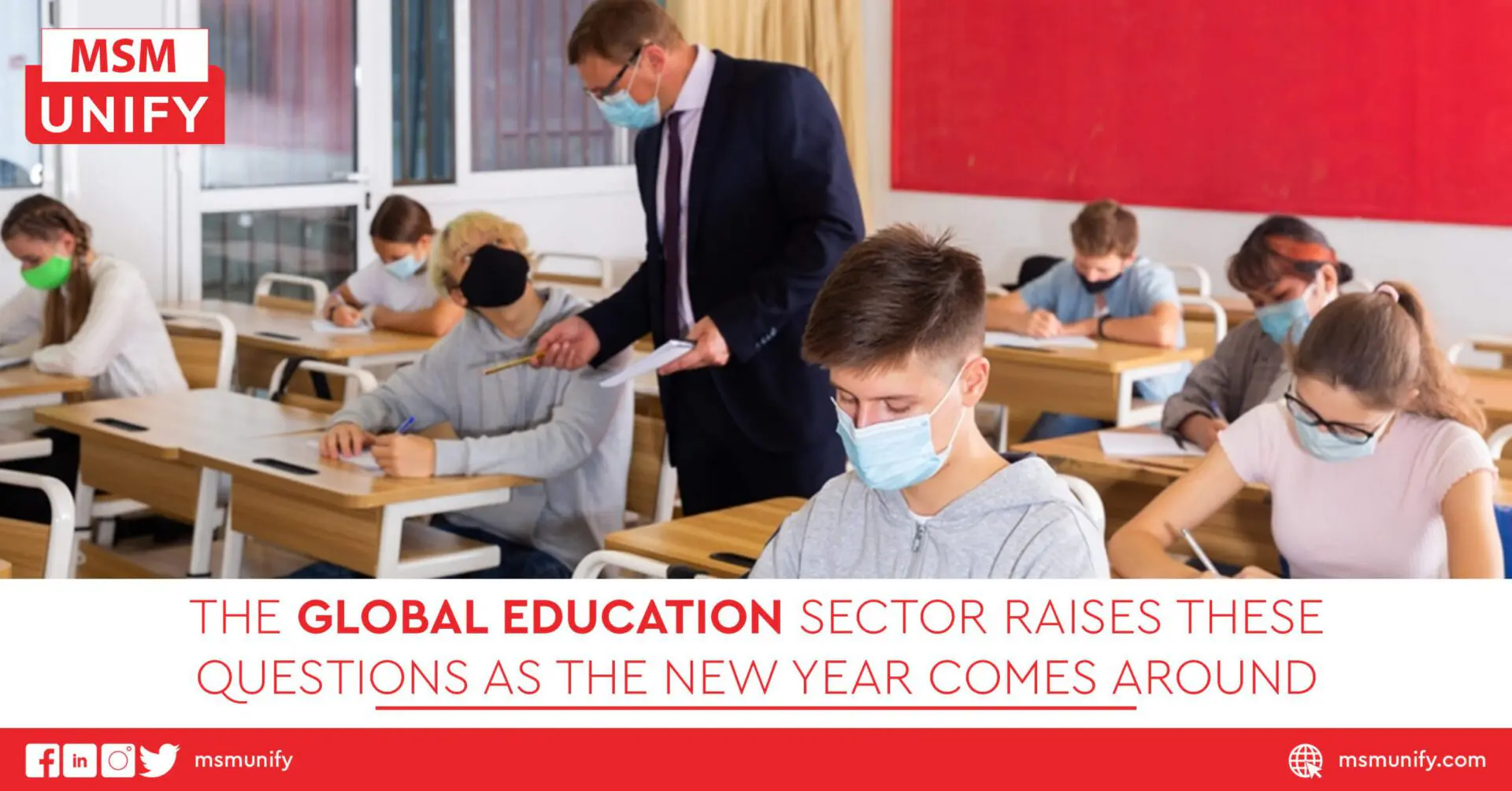As we begin the year 2022, many are hopeful of positive change. Things will get better, many believe. Yet, the sad reality is we find ourselves dealing with a continuation of the COVID-19 pandemic.
Key Takeaways:
- Around 1.2 billion students were shut out from the classroom when the COVID-19 pandemic hit in March 2020.
- Students now avail of international education even without leaving their country.
- E-learning investments are projected to reach $350 billion by 2025.
The rise of COVID-19 cases across the globe, not helped by the new and more transmissible omicron variant, leaves many wondering what the future holds. One sector is international education. Recent developments have raised a few questions regarding the future of education. Here are some of them:
1. Has the pandemic paved the way for hybrid learning?
After the outbreak of COVID-19 in March of 2020, more than 1.2 billion students found themselves going to school via their computers. Distance or online learning suddenly became the norm. In fact, the $18.66 billion edtech investments made in 2019 are projected to increase to as much as $350 billion by 2025.
Yet the reality is that international education is about the experience—about studying in a foreign country and meeting new people with different cultures and backgrounds. On the flip side, virtual learning has allowed students from other countries to experience an international education without leaving home.
So now, the question arises: Will it be sustained post-pandemic?
2. Has the pandemic brought about diversification and internationalization?
While there’s no denying that the pandemic has closed off borders and left many international students not being able to travel to study, the ongoing health crisis may have changed education in a significant way.
In a webinar in August organized by the Association of Indian Universities, the U.S. Embassy in New Delhi, and Harvard University, panelists noted that the pandemic had paved the way for more students to avail of international education even without leaving their home or country. This has essentially led to education institutions re-thinking their way of teaching—taking into account e-learning or distance learning.
Whereas in the past, online learning was merely a one-way street where a student would watch a video presentation to learn. Nowadays, the classroom transitioned into the online space.
3. Is all this merely a trend?
Of course, only time and the events that will transpire are the only way to answer this question. But if the trend toward remote work and learning, mobile learning, and virtual reality and artificial intelligence, which began in March 2020, continues into 2022 as they’re predicted to, then this might just indicate where the education sector is headed.
Until then, the world, particularly the global education sector, awaits the answer.
MSM Unify overseas education consultancy is your one-stop source platform connecting students, higher education institutions, and agents around the world. Sign up now to get the latest updates and information on international education.



























